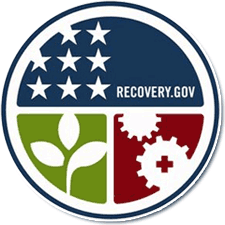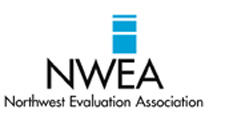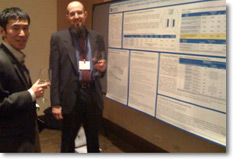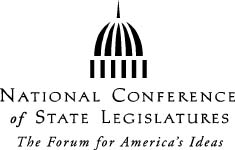Welcome On Board, John Easton!

The Obama administration has named John Q. Easton, executive director of the Consortium on Chicago School Research, as the new director of the Institute of Education Sciences. The choice will bring a new perspective to IES. The Consortium provides research support for local reforms and improvements in the Chicago Public Schools. While Dr. Easton is quoted in Education Week as saying he will retain the rigor that IES has made a priority, the Consortium’s work points to the importance of building local capacity for research to support reform. In a paper published online, Roderick, Easton, & Sebring (2009), he and his colleagues provide a clear and detailed rationale for their approach that includes the need for combining high quality research with the ability to cut through technical details to communicate both good and bad news to decision-makers. Empirical Education congratulates John Easton, and we look forward to working with him to replicate this model for research in school districts throughout the country.
Consortium on Chicago School Research: A New Model for the Role of Research in Supporting Urban School Reform, 2⁄2009. Melissa Roderick, John Q. Easton, and Penny Bender Sebring.





